By Britanny Saunier, Executive Director, PFSE
Everyone has a role to play in food safety, whether you are a home cook, a courier for a food delivery service, a food producer, a regulator, a community educator, or a middle school science teacher. Your handwashing and food handling habits matter to reducing the risk of foodborne illnesses, for yourself and for your loved ones.
You’ve likely asked, “But how do I make a difference and actually help people practice food safety?” A key element to influencing food handling behaviors is representation. People must see themselves in food safety messaging, which includes the deliverer of the messages. Representation matters.
That’s why the Partnership for Food Safety Education (PFSE) is celebrating Black History Month by sharing the experience of community-based food safety educators like Dr. Shannon Coleman, assistant professor/state extension specialist with Iowa State University Extension and Outreach. She is helping to lead conversations about properly incorporating Diversity, Equity and Inclusion into food safety education efforts.
Shannon graciously took the time to share her experience as an educator, her thoughts on representation in food safety, and what excites her the most about her work to prevent foodborne illnesses in her community.
How it all began
Shannon began her professional career in food safety during her doctoral program in Animal Science at Colorado State University. During her doctoral program, she studied fresh produce safety. However, Shannon’s interest in food safety was sparked after performing research in a dairy food and produce safety laboratory as an undergraduate.
Representation matters in food safety education
Shannon says representation matters because “our audience is diverse.” She is starting to incorporate cultural competency in programming, especially when working with a diverse audience. Through her work with a diverse audience, Shannon has learned to leave her assumptions at the door and think about how this information would benefit their lives.
Most challenging part of being a Black woman in the field
“The community of Black females in food safety is small, which makes it hard for us to all know that each other exists,” Shannon says.
However, through Shannon’s two networks — Iowa State University and Alabama A&M University — a group of Black female educators have developed a small community. This community has started conversations about properly incorporating Diversity, Equity and Inclusion and collaborations. A few members of the group presented about DEI at the International Association for Food Protection (IAFP) annual conference in summer 2021.
Explore stories of different groups of people in food safety
As an educator for the lay audience and the classroom, Shannon has learned that stories stick with people. During lectures, she purposely shares stories about consumers who have been impacted by foodborne illness and companies who have been impacted by a foodborne outbreak.
Food safety resources for underrepresented communities
Shannon’s team is currently working on translating existing produce safety videos into Spanish language. They are also developing fact sheets. This project is a collaborative project which involves the ISU Brenton Center for Agricultural Instruction and Technology Transfer (BCAIT); Iowa Department of Agriculture and Land Stewardship (IDALS); Iowa Farm Union (IFU); and Davis Blasini from Cornell University Produce Safety Alliance. The Brenton Center is facilitating the video editing. Both IDALS and IFU are financially supporting this project, and Davis is serving as their expert in cultural competency.
Trend that should be further explored
According to Shannon, food preservation is always a trending topic. The North Central Food Safety Educator Network that she co-leads with Dr. Julie Garden-Robinson, has developed several resources related to the topic. As a consumer, Shannon has seen several inappropriate recipes and practices on social media. She strongly encourages people to use tested food preservation recipes.
Most exciting part about working in food safety
Recently Shannon’s extension director mentioned that she’s had some flexibility in her current role. She has shared food safety education with diverse audiences, such as gardeners, 4-H judges, fresh produce growers, cottage food producers, and small food processors. Due to this variety, Shannon’s days and weeks are never the same, so she rarely gets bored.
Thank you, Shannon, for all your hard work in food safety education!
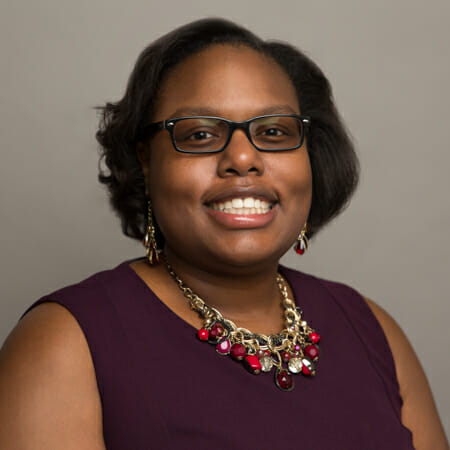

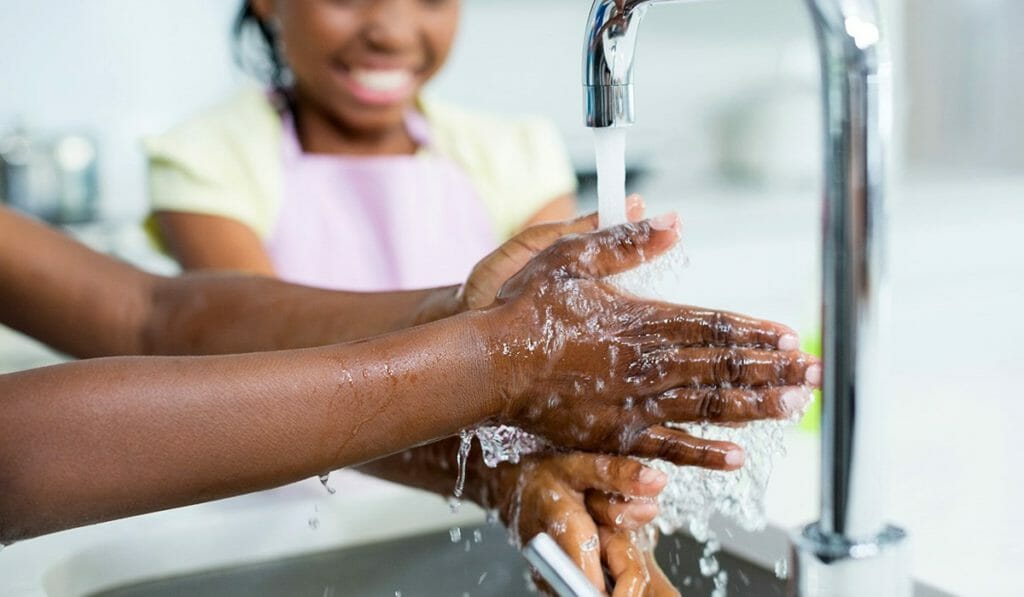
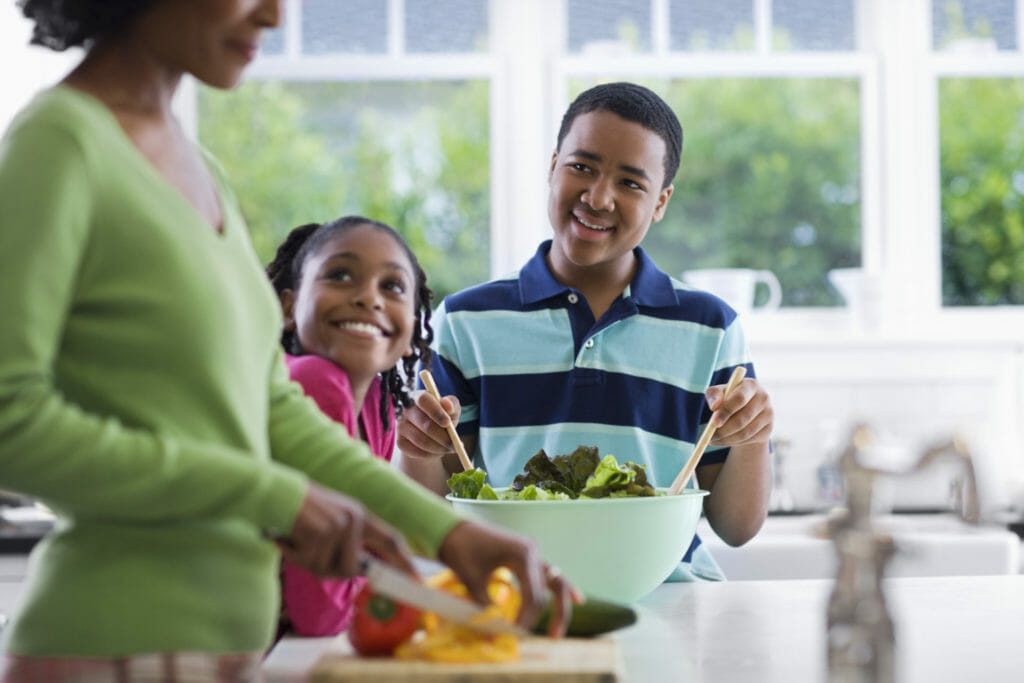
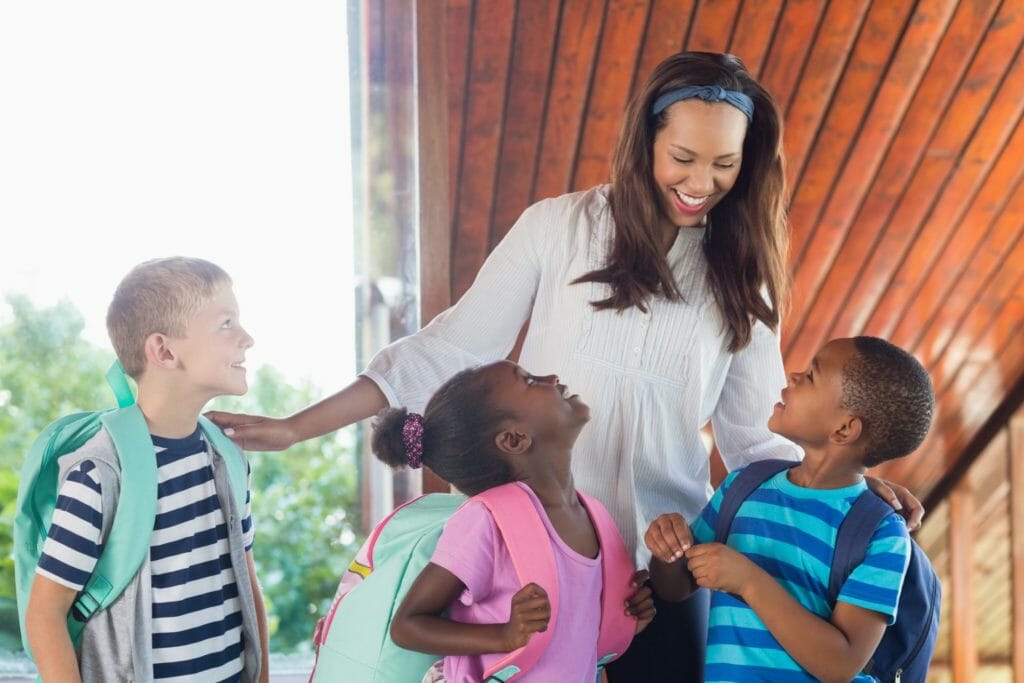
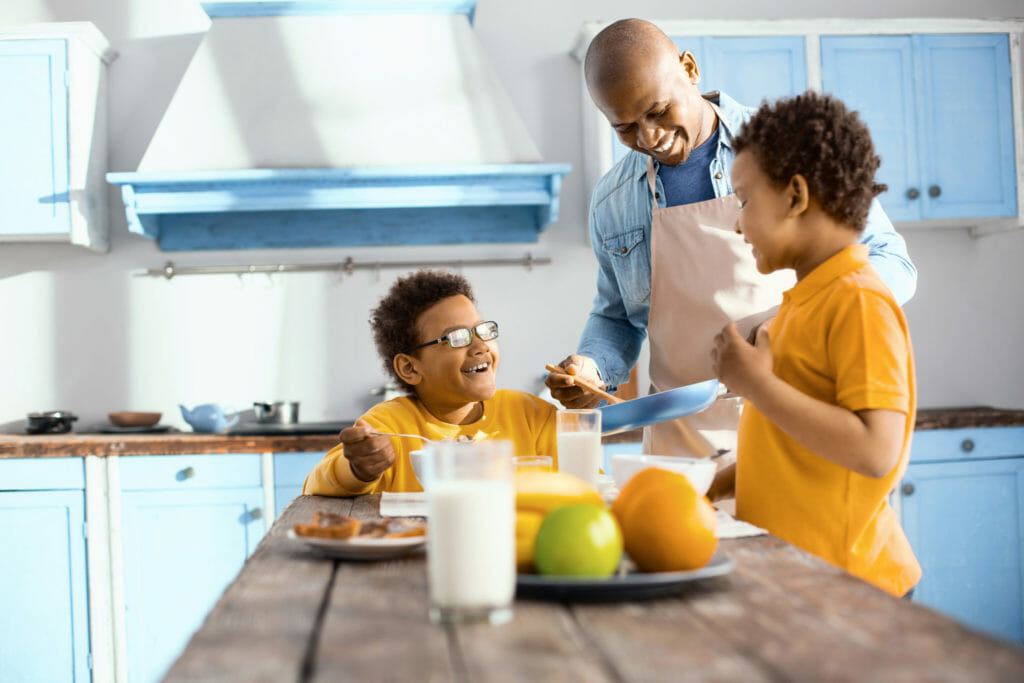
Dr. Shannon Coleman is an assistant professor/state extension specialist with Iowa State University Extension and Outreach. She can be reached at scoleman@iastate.edu.